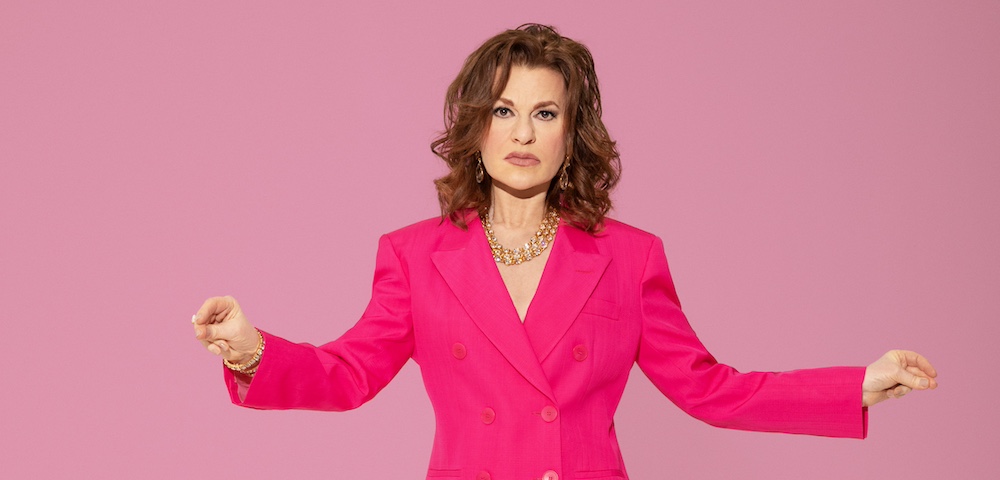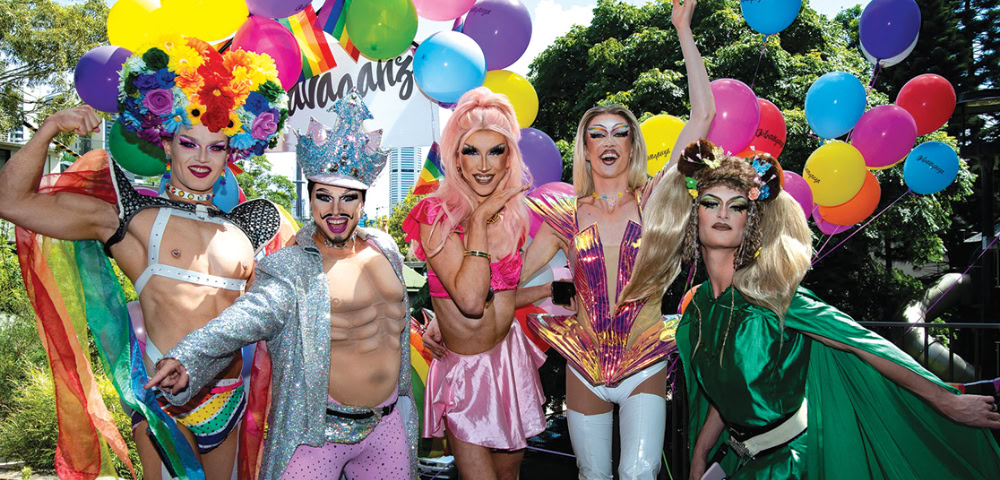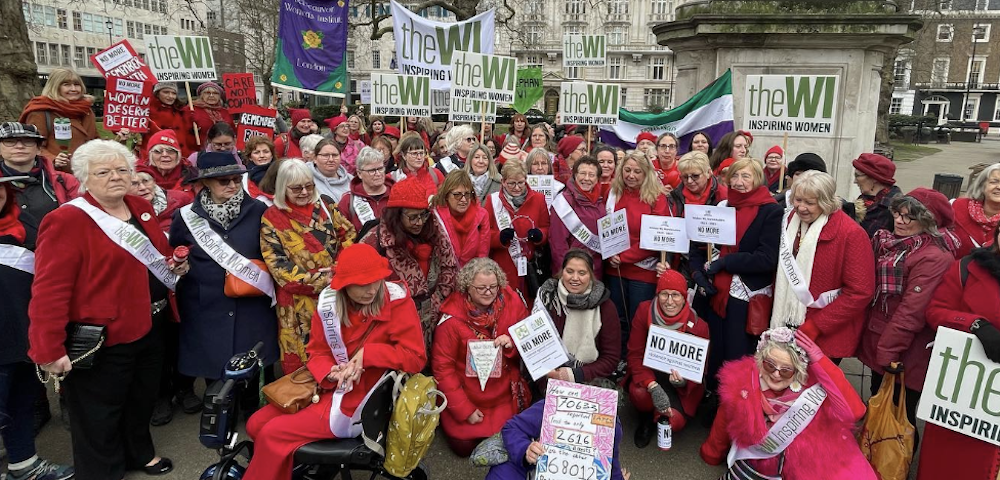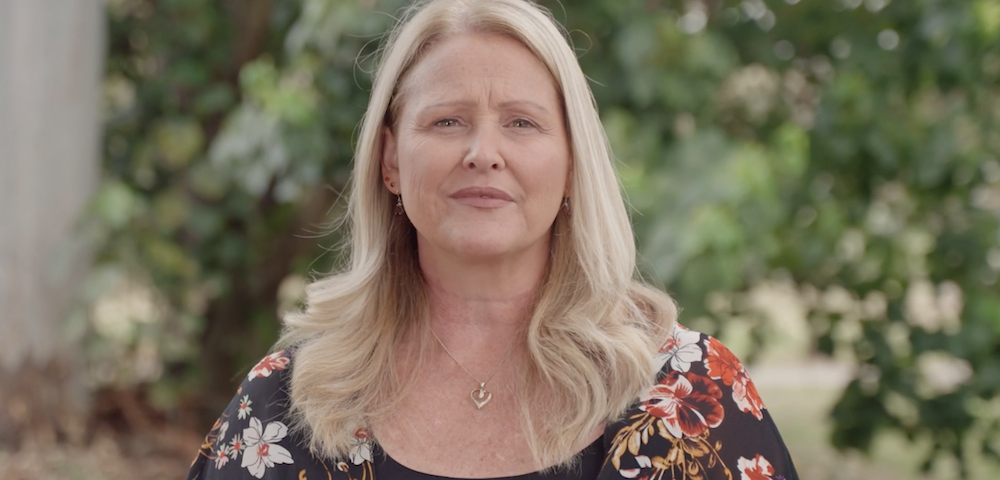
Setbacks for Queensland’s conversion therapy ban

Australia’s first proposed legislation criminalising “LGBT conversion therapy” has suffered setbacks and divides after receiving criticism and support on issues of medicinal practice and gender dysphoria.
Under the new amendments, practitioners of the discredited therapy would face fines and up to 12 months’ imprisonment, while those who perform conversion therapy on children and other vulnerable people would face up to 18 months in jail.
If passed, the Bill would be the first absolute ban on conversion therapy in Australia and will place pressure on other states to adopt the same legislation.
A parliamentary committee in Queensland tasked to examine the Bill urged the Palaszczuk government on Friday to review parts of its proposal and provide clarity on which health services fall under the ban.
The Labor majority committee also urged for a more in-depth consultation with medical bodies and “all sections” of the LGBTQI community before amending the legislation. However, since the Bill’s unveiling, activists have welcomed its potential introduction.
A spokeswoman from the advocacy group Parents and Friends of Lesbians and Gays (PFLAG), Shelley Argent told Reuters that the Bill’s introduction is a serious step forward for Australia.
“It’s ground-breaking because it will be Australia’s first gay conversion therapy ban if the law is passed in Queensland,” she said
“Conversion therapy is psychological abuse because it’s telling the person they are broken.”
Queensland announced its ban on gay conversion therapy in November last year when the Health and Other Legislation Amendments Bill (No. 2) 2019, was introduced to State Parliament with top health officials labelling the practice “highly destructive.”
Queensland Health Minister, Steven Miles, made clear last November that conversion therapy was not only redundant but also damaging to the mental and physical health of many Queenslanders.
“Practices that try to change or suppress a person’s sexual orientation or their gender identity have always been immoral and unethical—now they will be illegal,” he said.
“I strongly oppose any suggestion that being LGBTIQ is a disorder that requires medical treatment.
“This is an appalling practice that has no place in modern society, let alone Queensland’s health system.
“It does nothing but cause harm and devastation to vulnerable members of the community who need and deserve our support and respect,” he said.
Yet, while certain groups welcome the legislation, some have expressed concerns that the Bill could let many practitioners of conversion therapy slip through the cracks.
Earlier in January, The Australian Association of Social Workers (AASW) called on the Queensland State Government to further restrict the harmful practice of conversion therapy by including non-regulated professionals such as those claiming to be counsellors or religious advisers.
AASW Queensland Branch President, Ellen Beaumont said in a press release that while the proposal to legislate against ‘conversion therapy’ was a step forward by the Queensland Government, the failure to include non-regulated professionals could see the continuation of the harmful practice which aims to turn LGBTQI+ people straight.
Conversion therapy is far more likely to be performed by a non-professional than by a professional according to the AASW, however, vulnerable and desperate people may not be able to tell the difference.
“We welcome the intent of the proposed Bill, but it fails to ensure that non-regulated professionals who engage in conversion therapy are held to the same account and are open to the same penalties as health service providers. It also further highlights the necessity of social work registration as a profession,” she said.
“Our state’s legislative safeguards simply must cover the breadth of services and organisations that may engage in this practice, including religious and spiritual advisers.
“We need to recognise that whether the person is a health service provider or not, conversion therapy offered by any ‘professional’ or person in a position of power has the risk of causing significant harm and breaches vulnerable peoples human rights.”
However, groups opposing the Bill claim that the legislation ‘conflates’ gender identity with sexual orientation. Instead, believing that the Bill could punish medical practitioners who choose other avenues of medical intervention for issues such as gender dysphoria.
Unsurprisingly, the Australian Christian Lobby (ACL) has welcomed the setbacks for the proposed Bill in the hopes of preserving alternative medical interventions related to sexual orientation and gender identity.
The ACL QLD director, Wendy Francis, claimed that dysphoric children would have limited health options under the proposed legislation, and called the bill “a sledgehammer aimed at a pea that nobody is certain is even there,” – despite Francis having most likely never experienced gender dysphoria herself.
“The overwhelming majority of submissions and presenters rightly wish to preserve legitimate clinical interventions, such as exploring mental health or other issues related to sexual orientation and gender identity,” she said in an ACL press release.
“Were this bill to pass, dysphoric children would have no options other than therapy affirming their current nominated gender with associated hormone blockers and sex-change hormones – even irreversible surgery.”
For more Star Observer coverage on conversion therapy, click here.
For more Star Observer coverage on news, arts and entertainment, click here.










Hi!
You wrote “The ACL QLD director, Wendy Francis, claimed that dysphoric children would have limited health options under the proposed legislation, and called the bill “a sledgehammer aimed at a pea that nobody is certain is even there,” – despite Francis having most likely never experienced gender dysphoria herself.”
I would say that in that quote she is talking about the legislation not gender dysphoria. I.e. she is saying the legislation is very strong for a very small problem (gay conversion therapy) that we are not sure even exists (I.e. is it actually even a problem in Queensland?)
Cheers